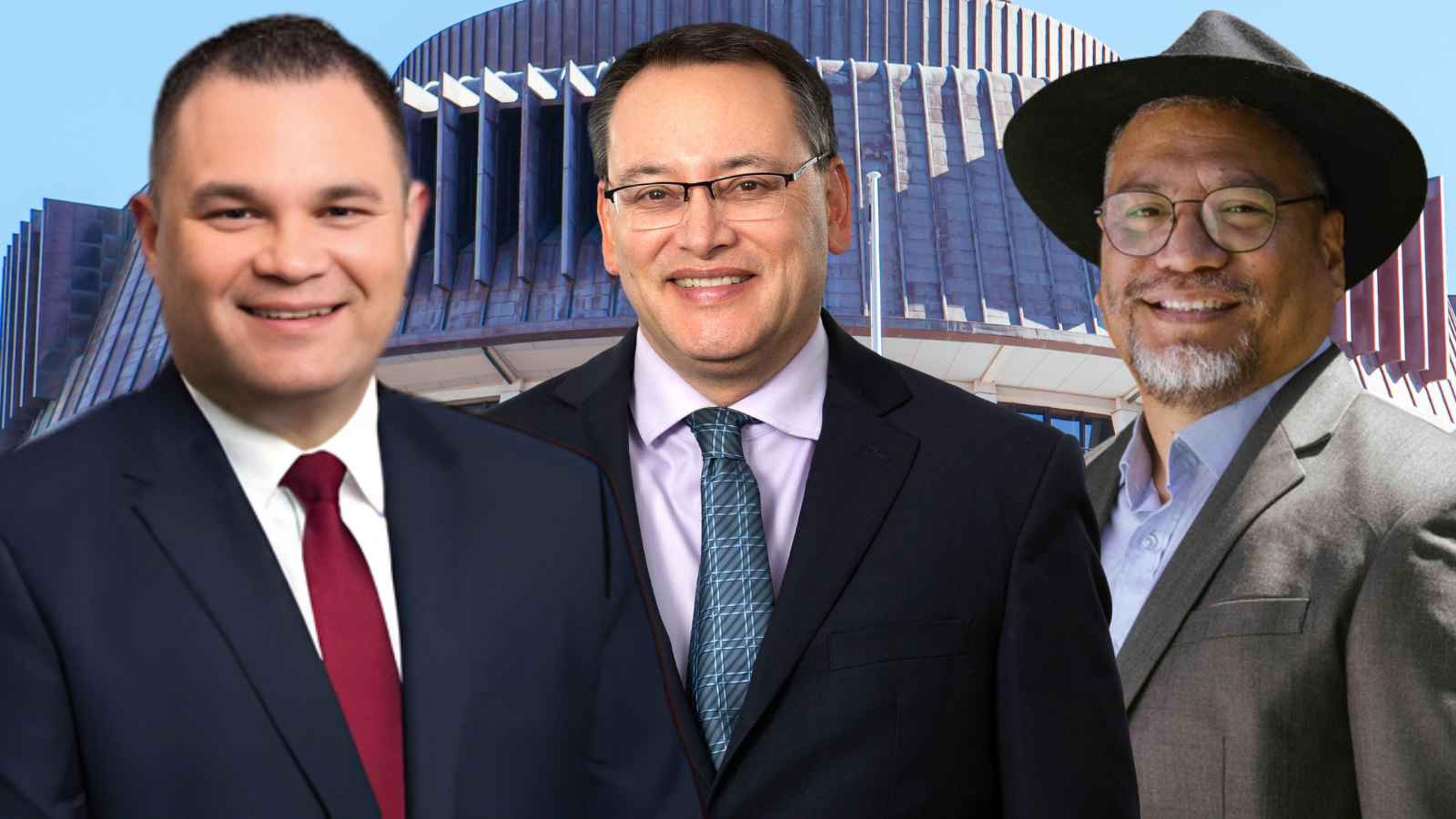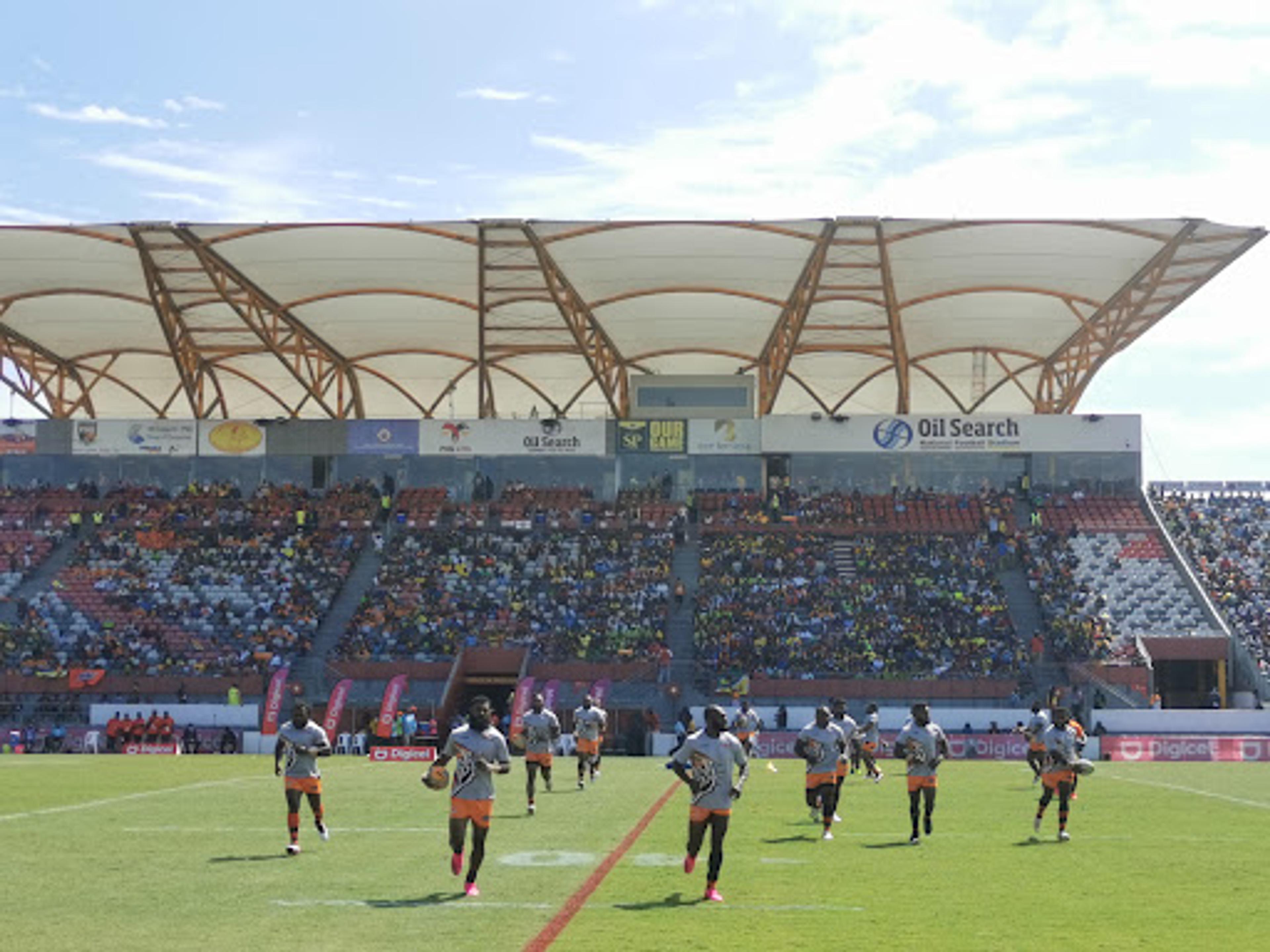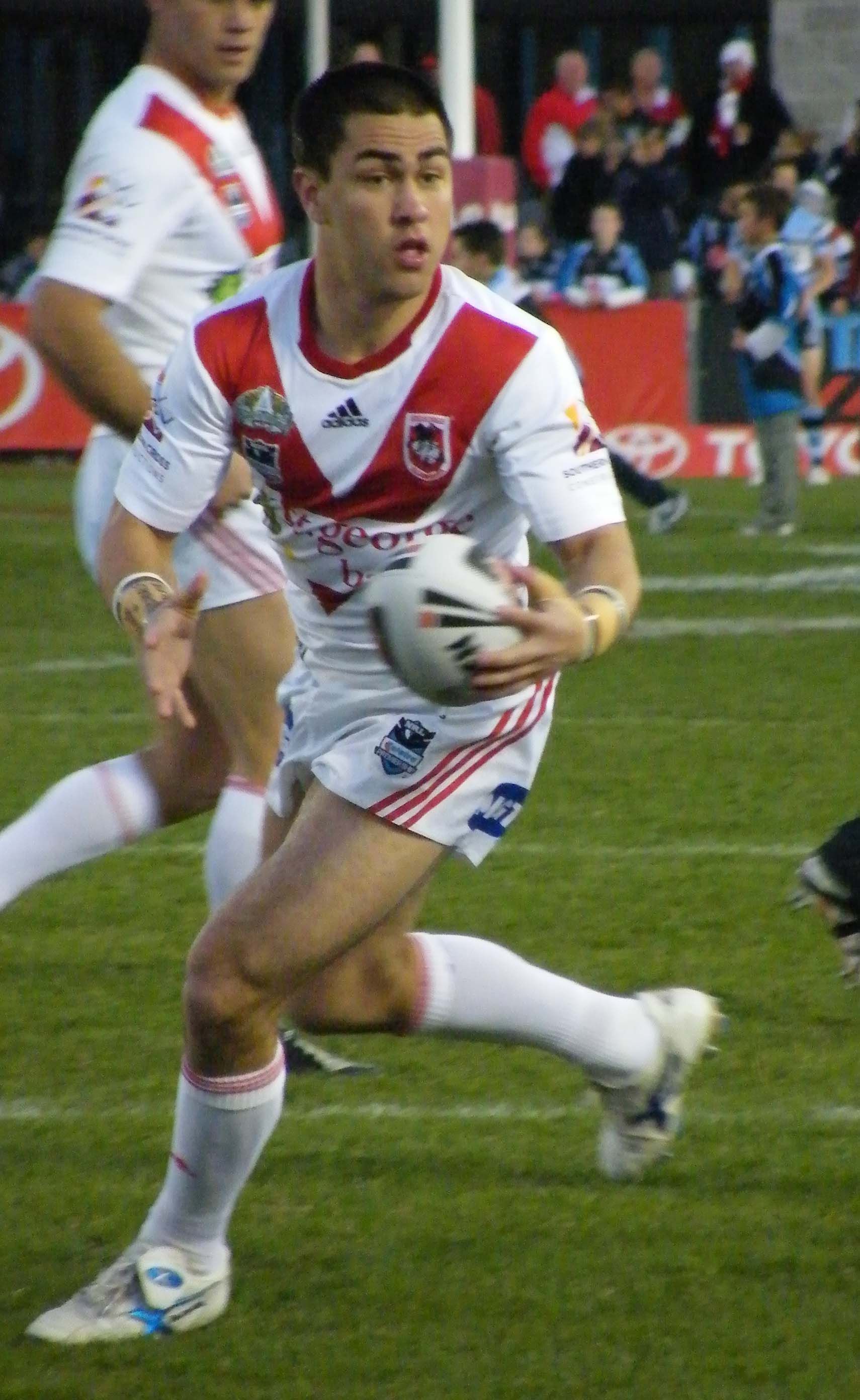

Fetu Sāmoa coach Jamie Soward, left, and captain Annetta-Claudia Nu'uausala deflated after the narrow loss to the Kiwi Ferns.
Photo/Supplied
League coach Jamie Soward proud of Fetu Sāmoa’s spirit despite narrow defeat to Kiwis
Following a devastating loss to the Kiwi Ferns, Fetu Sāmoa coach says his players showed courage and pride, the team’s strength lies in culture, not rankings.


Pacific researcher warns TikTok myths places gout care at risk

Tokelau election delay exposes fragile Pacific Islands transport links


Pacific representation in focus as parties gear up for 2026 election

Pacific researcher warns TikTok myths places gout care at risk

Tokelau election delay exposes fragile Pacific Islands transport links

Fetu Sāmoa head coach Jamie Soward admits the weekend’s narrow 22-20 loss to the Kiwi Ferns was hard to take.
After leading 20-0 at halftime, his side watched the game slip away in a brutal second-half turnaround that denied Sāmoa a historic first win over New Zealand.
The match, part of the Pacific Championships women’s rugby league series, was billed as a breakthrough opportunity for Sāmoa’s national women’s team.
“I think we’re all disappointed,” Soward says at the post-match press conference. “It’s really hard when you play footy like the way we did in the first half, and then we probably just went away from it a little bit in the second half.”
Despite the heartbreak, the former NRL star was full of praise for his team.
“I was really impressed and amazed at the courage and effort that we showed in the first half. We’ve been on a journey together, and you’re going to have bumps in the road. It’s not going to be perfect, and today was one of those bumps.”
Soward, who took charge of Fetu Sāmoa in 2022, says the players poured everything into the match and the campaign.
“Everyone’s bought into what we’ve been getting ready to do. It’s pretty deflating at the moment, but we’ll dust ourselves off. We’ve got a huge challenge next week against Australia.”
Soward, 40, is a former NRL Premiership-winning playmaker, he's donned the blue of the New South Wales State of Origin team and is an Indigenous All-Stars representative.
He played for the Sydney Roosters, Penrith Panthers, and St George Illawarra Dragons, where he helped secure the 2010 NRL Premiership. He also spent time in the UK with the London Broncos.
For Soward, who is a proud Aboriginal, coaching a Sāmoan national team has been as much about cultural connection as competition.
Speaking before the match, Soward tells 531pi sports show Pacific Huddle co-host Tuilagi William Leolahi that what sets Fetu Sāmoa apart is its humility and shared purpose.
Listen to Jamie Soward's full interview on Pacific Huddle below.
“When you play footy, you play to play. I never played for my country, so I can only imagine the pride that Netta (Annetta-Claudia Nu'uausala) and the girls get when they see so many people come out and support.”
“The special thing about the Fetu Sāmoa programme is that there’s no egos,” he says. “There’s people here that have been with me at the start of this programme. Geoff Brown rang me three years ago and said, do you want to be coach of Sāmoa? I sort of pinched myself because I never thought I’d coach in a country setting.”
Not being Sāmoan himself, Soward says his first responsibility was to learn the culture and make sure players felt grounded in their identity.
“My role was to learn as much as I could about the culture and make the girls who came into that camp feel safe about that stuff and then relate it to my own experiences,” he says.
“I’ve really found a safe space where I can be myself around the staff and girls, and they accept me into that Sāmoan culture.”
He says the experience has mirrored his own cultural journey.
“I’m a proud Aboriginal man. When I went into all-stars camps, it was about learning about my culture and feeling connected. So, I’ve really found that same feeling here.”

Soward playing for the Dragons in 2008. Photo/Supplied.
Soward is upfront about the hurdles facing Pacific women’s rugby league - particularly when it comes to funding and player eligibility.
“I think challenges around funding, and that’s not a shot at anyone, with the World Cup coming up next year, we’re going to need sponsors, we’re going to need people to get in and get behind Fetu so that we can have the right amount of people involved, the right gear, and give the girls every chance to be able to perform on the world stage.”
He says another ongoing issue is how players with mixed heritage navigate loyalty and opportunity.
“One thing that I’ve been passionate about is the dual-heritage stuff - it’s really confusing at the moment for the girls. Sienna Lefebvre has been with me for the last two years. We’d picked her in our squad, we picked her in our team, and then Australia just went and picked her without any consultation or conversation.”
“So that to me was a bit arrogant, at least bring the player in, talk to her and give her a choice. If someone chooses to represent Sāmoa, it’s not a bad thing.”
The same respect, he says, goes for young talents like Shalom Sauaso, who chose Sāmoa after early talks with his coaching team.
“We identified her last year when she was 17. We rang her in January, rang her mother, and started those conversations and connections, which is huge.”
Cultural identity is central to how he leads, Soward says. “You’re not one per cent or 10 per cent Sāmoan or 10 per cent Aboriginal.
“You’re either Aboriginal or you’re Sāmoan or you’re Australian. Part of what we’ve been able to build is allowing girls to come in and organically have that cultural identity and feel that cultural safety.”
“Part of my job and the staff’s job is letting those girls feel like they belong - and I feel like we’ve done that.”
Despite the loss to the Kiwi Ferns, Soward says he refuses to buy into talk of “Tier 1” nations dominating women’s rugby league.
“I don’t know what Tier 1 means. We just competed against the second-best team in the world. We’re ranked 12th. There’s no Tier 1s for me, we’re all in the same pool, we’re in the same competition as them, and we will be at the World Cup … they’re (just) New Zealand and Australia to us.”